
In the former case, the Universal Declaration of Human Rights (Article 14) states that everyone has the right to seek international protection if threatened with persecution in other countries. The 1951 Geneva Convention protects against the risk of being returned to such states. As stated in Article 10 of our Constitution, this is a protection that the government provides to those who are prevented from exercising in their own country all the rights and freedoms enjoyed in Italy.
For them, as well as for those seeking a better life, the lack of opportunities for legal entry and work means that they are often pushed into the hands of traffickers who kidnap them and subject them to violence, abuse and torture. In 2016, more than 5000 people died trying to cross the Mediterranean Sea.
Current Italian and European migration policies continue to focus on security, illegal detention and deportation, showing a generalised lack of political will to allow for safe and legal ways to enter the country.
The media often presents this issue in terms of invasion, provoking fear and hostility in the public, with politicians ready to take advantage of it for election purposes.
This is why our approach to the issue is multidisciplinary. With our Open Migration project, we support advocacy on refugee rights by publishing data-driven research and information, reports, expert editorials and interviews. We push back on stereotypes and clichés around this issue with real-time data and constant fact-checking, helping to foster informed debate for more effective policies that respect people's dignity and rights. We tell stories of people who have had to leave their land and, often, their families to build a possible future.
Within our Buchi Neri project, we tell of the system of administrative detention of foreigners, and how this, with its high costs and violation of rights, is also an ineffective way of managing migration issues. We also bring forward a proposal that non-coercive alternatives are a valid approach.
We seek dialogue with the media to change the narrative on migration and organise meetings such as The 19 Million Project and Cities for All to think about dignified and sustainable solutions. We also train people through our Media Academy and our Narrative Lab.
Within our Centre for Constitutional Rights we provide free information to those in need of it and use strategic litigation to ensure that fundamental rights are respected.
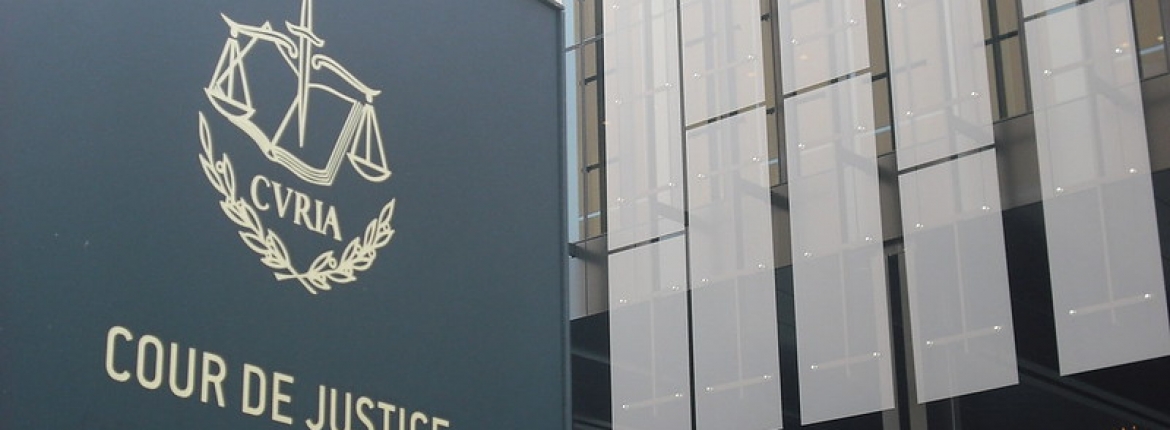
The Court of Justice of the European Union invalidates the “Albania model”
The EU Court of Justice invalidates the “Albania model” and confirms that the rule of law cannot disregard the role…
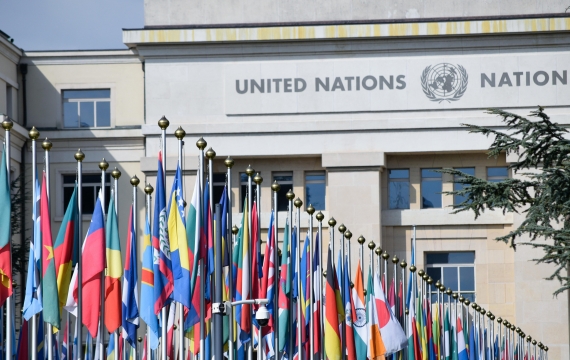
UPR: Italy is not willing to improve rights on certain issues
In the fourth cycle of the Universal Periodic Review held in January 2025, Italy ranked third in the number of…
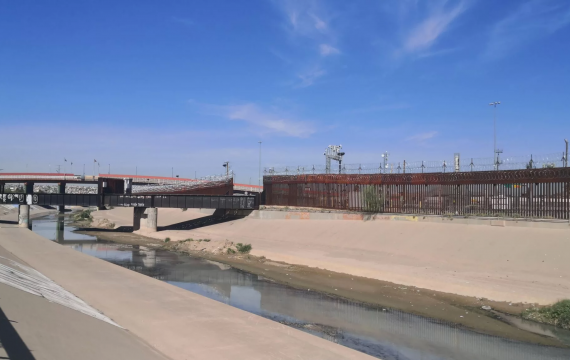
CILD and Progetto Diritti contribution to UN, in collaboration with IDC
Alongside the International Detention Coalition (IDC), we submitted a contribution to the United Nations Special Rapporteur on the human rights…
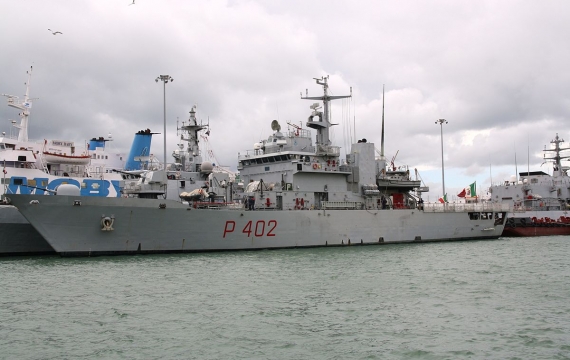
The Meloni-Rama Project goes up in smoke, an attack on the judiciary.
- Sara Gherardi Thanks to a very recent ruling by the European Court of Justice, it took just one week…
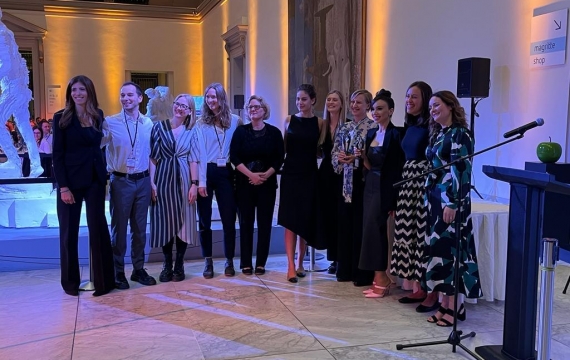
Rule 39 Pro Bono Initiative has won the PILnet Global Partnership Award
The Rule 39 Initiative - a pro bono project supported by 8 international firms and which has already assisted more than 500…
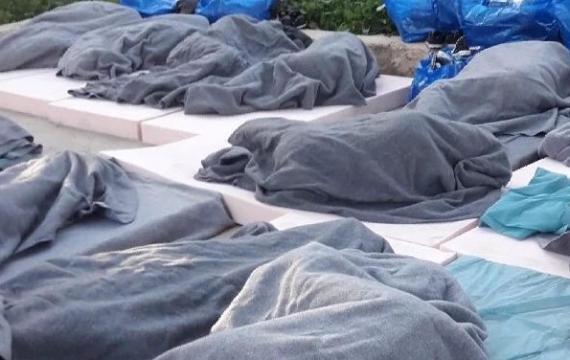
Immigrants’s rights and detention: the sad end in the khlaifia’s case
On 2 December, the Committee of Ministers of the Council of Europe officially closed the supervisory procedure for the implementation of measures ordered in the Khlaifia v. Italy judgment. of the European Court of Human Rights. ASGI,…
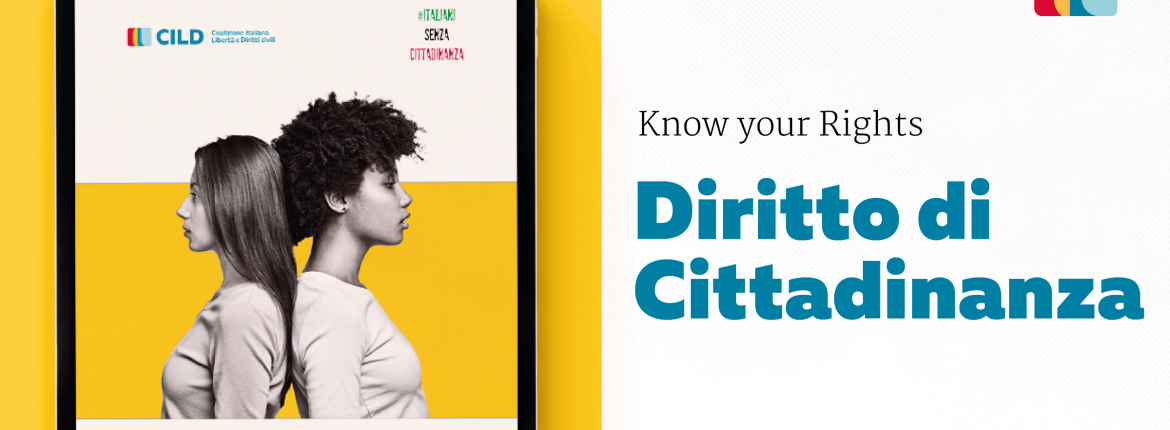
Know your rights: our new guide to the right of citizenship
The attainment of Italian citizenship is regulated by Law no. 91 of 5 February 1992. Law No. 91 is about…
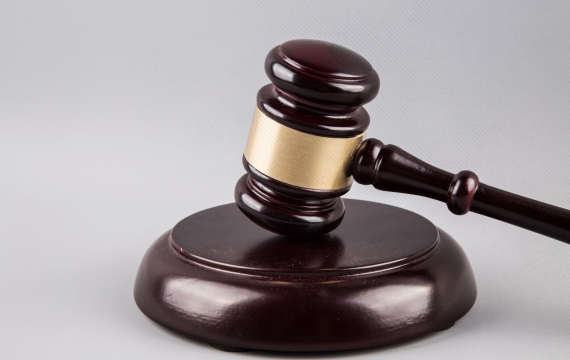
The TRAIN PRO RIGHTS Project comes to an end
The Project Training lawyers, prosecutors, judges to ensure better rights protection for migrants and refugees victims of human trafficking (TRAIN…
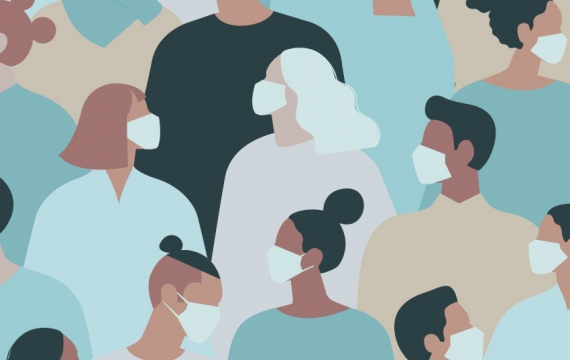
CILD intensifies its work on detained foreigners in Covid-19 times
Our Coalition, in collaboration with Antigone, is currently carrying out the project “Stranieri in carcere (Foreigners in Prison)”. Its core…
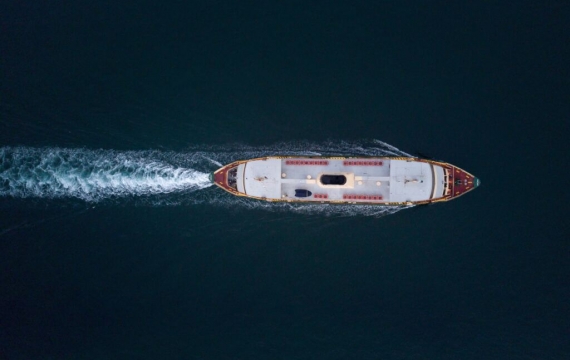
Ship-based quarantine: A Covid prevention measure for migrants only
by Paola Petrucco *Update - 16 October 2020* The situation took a positive turn after a meeting that was held…
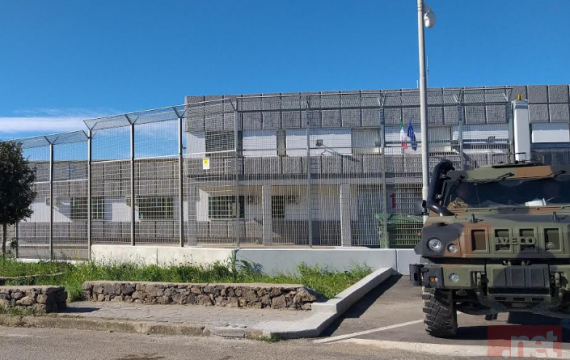
Alternatives to irregularity: towards a new model of migration management
By Flaminia Delle Cese Alternatives to the detention of migrants in administrative detention centres created specifically for foreigners. Alternatives to…
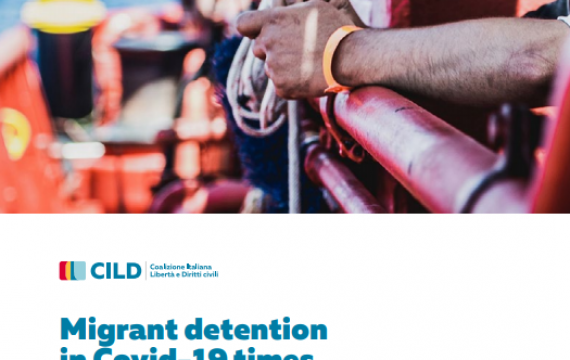
Migrant detention in Covid-19 times
A snapshot of immigration detention in the days of Covid-19. This is what the Italian Coalition for Civil Liberties and…
